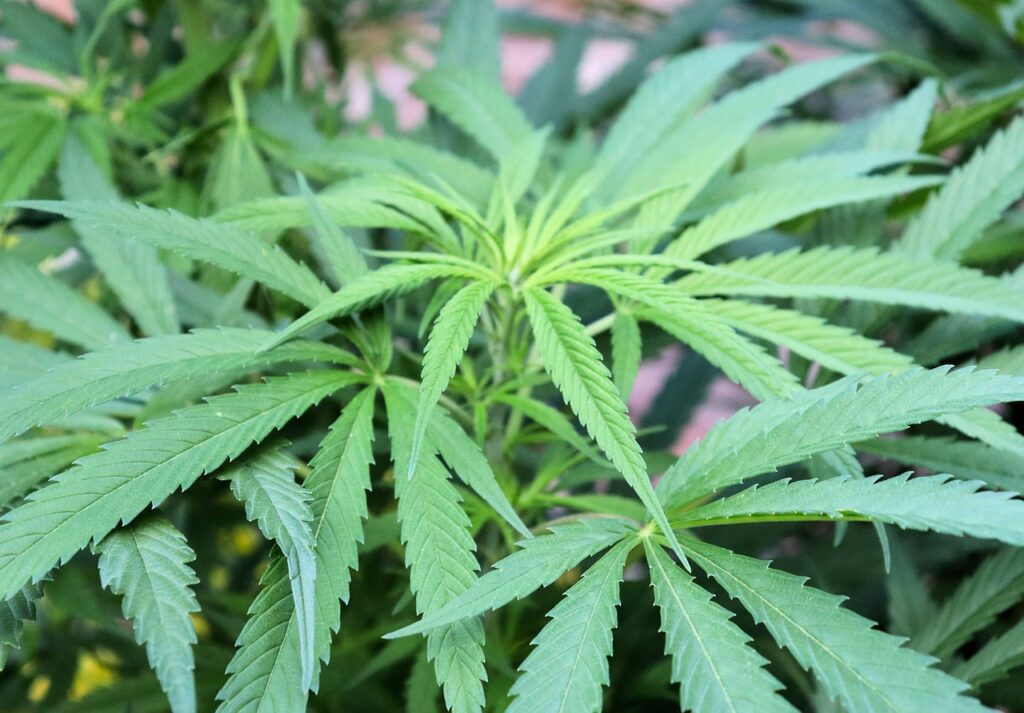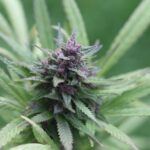In recent years, the cannabis industry has seen a surge in interest surrounding various cannabinoids and their unique properties. One such compound that has garnered attention is THCA, or tetrahydrocannabinolic acid. This article explores the intricacies of THCA flower from indacloud.co, its benefits, and its potential uses.
Understanding THCA
THCA is a non-psychoactive cannabinoid found in raw and live cannabis. Unlike THC, which is known for its psychoactive effects, THCA does not produce a “high.” This is because THCA is the precursor to THC. When cannabis is heated through smoking, vaping, or cooking, THCA undergoes decarboxylation, converting into THC.
How THCA Differs from THC
While both THCA and THC originate from the same plant, their effects and uses differ significantly. THCA is often praised for its potential therapeutic benefits without the psychoactive effects associated with THC. This makes it an attractive option for those seeking relief without the high.
Potential Benefits of THCA
Research into THCA is still in its early stages, but preliminary studies and anecdotal evidence suggest several potential benefits:
- Anti-inflammatory Properties: THCA may help reduce inflammation, making it a potential option for those with arthritis or other inflammatory conditions.
- Neuroprotective Effects: Some studies suggest that THCA could have neuroprotective properties, which might be beneficial for neurodegenerative diseases.
- Anti-emetic Properties: THCA may help reduce nausea and vomiting, which could be useful for patients undergoing chemotherapy.
- Appetite Stimulation: Like THC, THCA might help stimulate appetite, which can be beneficial for individuals with eating disorders or those undergoing treatments that reduce appetite.
How to Use THCA Flower
THCA flower can be consumed in various ways, depending on the desired effects and personal preferences. Here are some common methods:
- Raw Consumption: Consuming raw cannabis leaves or flowers in smoothies or salads can provide THCA without converting it to THC.
- Juicing: Juicing raw cannabis is another way to consume THCA, allowing users to benefit from its properties without psychoactive effects.
- Topicals: THCA-infused creams or balms can be applied directly to the skin for localized relief.
Legal Status of THCA
The legal status of THCA varies by region. In many places, THCA is not explicitly regulated, as it is non-psychoactive. However, once it converts to THC, it falls under the same legal restrictions as THC. It’s important for consumers to be aware of their local laws regarding cannabis and its derivatives.
THCA in the Market
The cannabis market has seen a growing interest in THCA products. From raw flowers to concentrates and tinctures, consumers have a variety of options to explore. This trend reflects a broader interest in cannabinoids that offer therapeutic benefits without psychoactive effects.
Case Studies and Statistics
Several case studies highlight the potential of THCA. For instance, a study published in the British Journal of Pharmacology found that THCA exhibited anti-inflammatory properties in animal models. Another study in the Journal of Neuroimmune Pharmacology suggested that THCA might have neuroprotective effects.
Statistics from cannabis market research firms indicate a rising demand for non-psychoactive cannabinoids. This trend is driven by consumers seeking alternative wellness solutions and a growing acceptance of cannabis-based products.
Conclusion
THCA flower represents an exciting frontier in the cannabis industry. With its potential therapeutic benefits and non-psychoactive nature, it offers a unique option for those interested in exploring the benefits of cannabis without the high. As research continues to unfold, the understanding and applications of THCA are likely to expand, offering new possibilities for consumers and healthcare providers alike.

